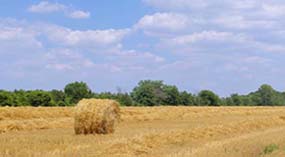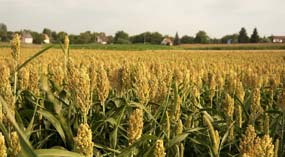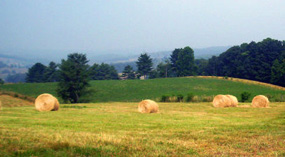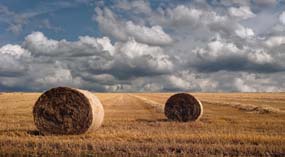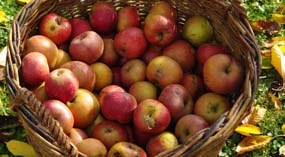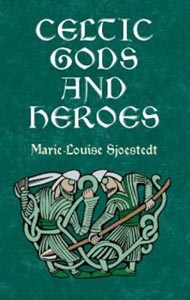Celtic Gods and Heroes
Marie-Louise Sjoestedt
Dover Publications Inc., 2000
The Celtic gods are quite different from the deities of Greek and Roman mythology. Unlike the classical divinities,
they are not patrons of love or war, and they have no celestial home; the Celtic deities´ home is on earth,
where they live in an uneasy partnership with human beings.
In this concise, erudite study, her final work, the noted French scholar and linguist Marie-Louise Sjoestedt
summarizes and analyzes the rich array of Celtic mythological figures. She discusses the gods of the continental
Celts and the beginnings of mythology in Ireland and posits an opposition between the two main categories of
Irish deities: the mother-goddesses, who are local, rural spirits of fertility or of war, and who sometimes
appear in animal form; and the chieftain-gods, who are national, and who serve as magicians, nurturers, craftsmen,
and protectors of the people.
Ms. Sjoestedt also discusses the qualities and deeds of heroes - not gods, but mortals who embody all the ideal
qualities of the race. For them she establishes an opposition between the tribal hero, represented by Cú
Chulainn, and the hero outside the tribe, represented by Fionn.
Students, scholars, and anyone interested in folklore or comparative religion will welcome this scholarly,
carefully researched, yet highly readable study.
Dover (2000) unabridged republication of the work published by Methuen & Co. Ltd., London 1949.
(Bovenstaande tekst komt van de achterkant van het boek)

